Complaints about school tuition fees in Port Sudan
Parents of basic school students in Port Sudan, capital of Red Sea state, protest the high tuition fees charged by the schools.
 School children in Sudan (Delegation of the EU to Sudan)
School children in Sudan (Delegation of the EU to Sudan)
Parents of basic school students in Port Sudan, capital of Red Sea state, protest the high tuition fees charged by the schools.
Journalist Osman Hashim told Radio Dabanga that the tuition fees imposed on eighth-grade basic school students in Port Sudan consist of a monthly fee of about SDG 200 for training for the final exams, and SDG 280 pounds for extra lessons.
Hashim said this is a large expenditure for many families and that it creates additional burdens for them.
Arbaat
Parents of students of the Mohamed Ali Kiir Basic School in Arbaat in Red Sea state complain about the absence of teachers in the school, which contributes to the deterioration of the school.
Hashim explained that local authorities did not provide transportation for teachers for more than two months, which resulted in them being absent at work.
The school's parents' council called on the local authorities to solve the problem.
School system
The school system in Sudan consists of eight years basic school and four years of secondary school. Secondary school students who get enough good grades are accepted at university.
Earlier this month, the federal Minister of Education Mohamed El Amin El Tom announced a gradual change of the educational system and a comprehensive review of the curricula.
According to the minister education in Sudan has collapsed and definitely needs re-structuring.
The education budget will be raised to 20 per cent of the government’s budget. Next year, enrolment into the first grade will be free of any charge.
The curriculum will be entirely revised. The school system will be changed to the 6-3-3 educational ladder: Six years primary school, followed by three years junior secondary school, and three years high secondary school.
Radio Dabanga’s editorial independence means that we can continue to provide factual updates about political developments to Sudanese and international actors, educate people about how to avoid outbreaks of infectious diseases, and provide a window to the world for those in all corners of Sudan. Support Radio Dabanga for as little as €2.50, the equivalent of a cup of coffee.












 and then
and then